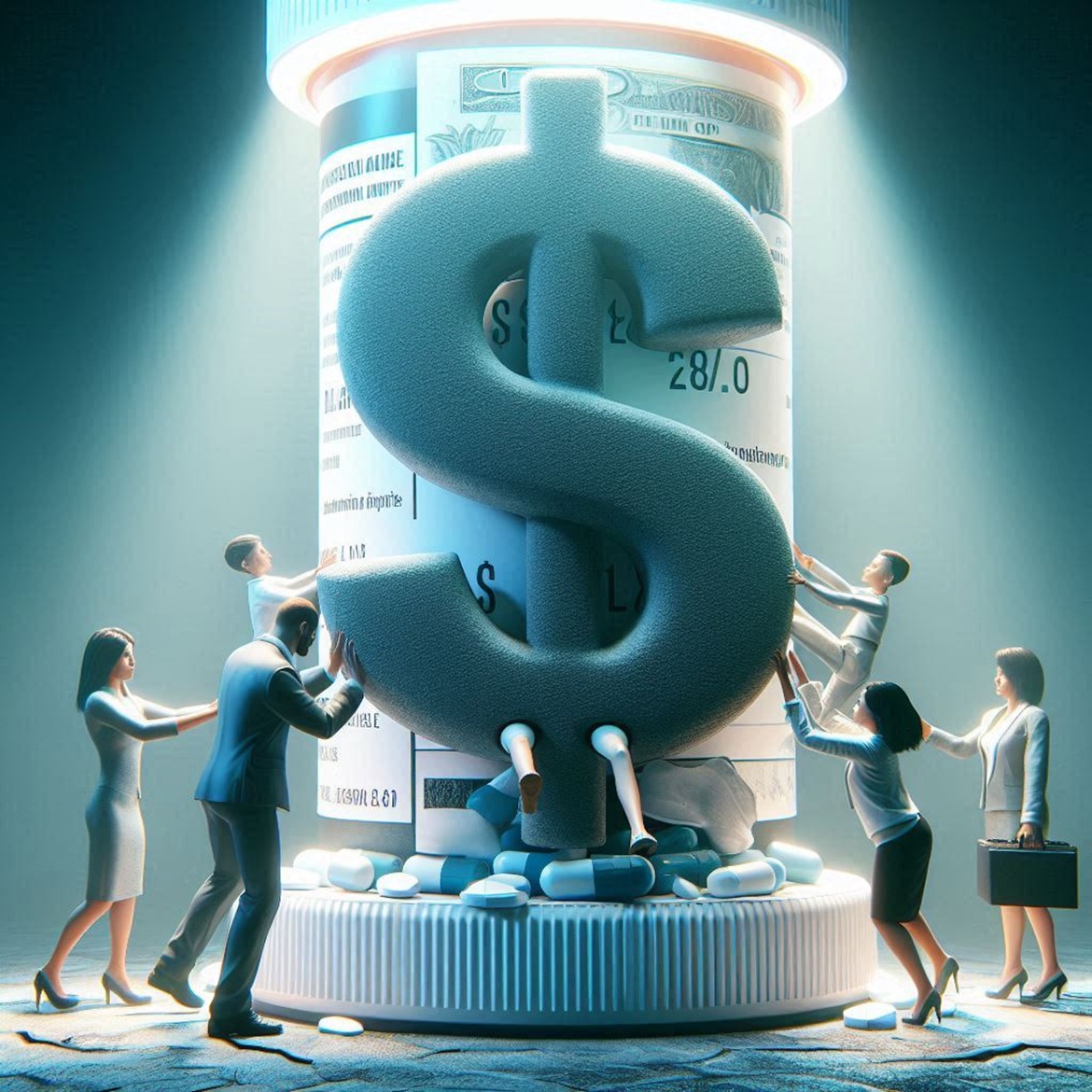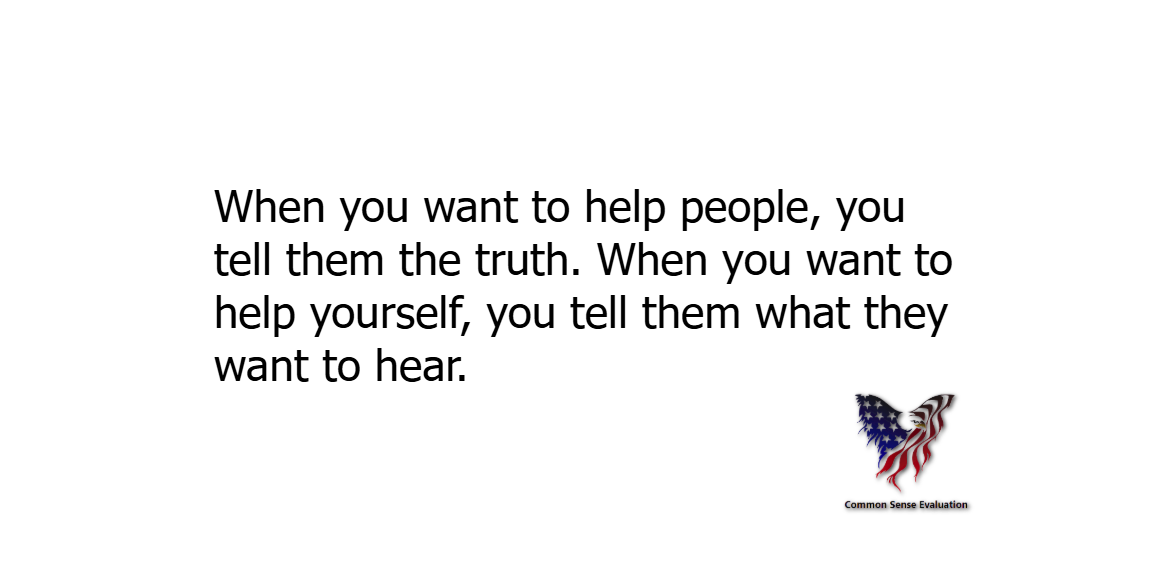Every election cycle, we watch the same ritual. Politicians place their hand on a Bible, raise the other, and solemnly swear to “preserve, protect, and defend the Constitution of the United States.” The words sound noble. The ceremony looks official. But what happens next? Too often, nothing.
The oath is supposed to mean something. It’s not just tradition—it’s a binding promise. Yet once the cameras turn off, many of these same leaders push policies, make decisions, and pass laws that directly contradict the document they swore to uphold.
How does this happen? And why do we keep letting it slide?
The Oath Is Just Theater
Let’s be honest: The oath-taking ceremony is mostly for show. It’s political theater. The words sound good, but there’s no real penalty for breaking them. If a cop, a soldier, or a judge violates their oath, there are consequences. But politicians? They get a free pass.
Think about it. How many times have you seen a law passed that clearly oversteps constitutional limits? How many executive orders ignore the separation of powers? How many court rulings twist the original meaning of the text beyond recognition?
The oath is treated like a formality—a box to check before getting down to business. And the business of politics often has little to do with the Constitution.
The Constitution Is Ignored When It’s Convenient
Politicians love to quote the Constitution… when it supports their agenda. But when it doesn’t? Suddenly, it’s “outdated,” “open to interpretation,” or “not meant for modern times.”
Take the Second Amendment. The text is clear: “the right of the people to keep and bear Arms, shall not be infringed.” Yet some lawmakers push for laws that do exactly that—infringe. They argue that times have changed, that the founders couldn’t have imagined modern weapons. But the oath doesn’t say, “Defend the Constitution… unless it’s inconvenient.”
The same goes for free speech, privacy rights, and states’ powers. The Fourth Amendment protects against unreasonable searches, yet surveillance programs keep expanding. The Tenth Amendment reserves powers for the states, yet federal overreach is constant.
If the Constitution is the supreme law of the land, why do politicians treat it like a suggestion?
No Consequences for Breaking the Oath
Here’s the real problem: There’s no punishment for ignoring the oath. A president can sign an unconstitutional executive order. Congress can pass unconstitutional laws. Judges can uphold them. And nothing happens.
Imagine if a doctor took an oath to “do no harm” and then prescribed deadly treatments. They’d lose their license. If a lawyer violated their oath, they’d be disbarred. But politicians? They get reelected.
The founders expected voters to hold leaders accountable. But today’s system is rigged to protect the powerful. Party loyalty, media spin, and big-money interests keep bad actors in office. Even when a politician gets caught breaking the rules, the punishment is a slap on the wrist—if anything at all.
How to Fix It
If we want politicians to honor their oath, we need real consequences. Here’s how:
- Demand Transparency – Every law, order, and ruling should be measured against the Constitution. If it doesn’t fit, it shouldn’t pass.
- Hold Them Accountable – Voters should refuse to reelect politicians who violate their oath. No excuses, no party loyalty over principles.
- Push for Enforcement – Judges, attorneys general, and watchdog groups should challenge unconstitutional actions immediately—not years later.
- Educate the Public – Most people don’t know their rights. The more voters understand the Constitution, the harder it is for politicians to ignore it.
Final Thought
Politicians swear an oath to the Constitution, but too many treat it as a joke. They ignore it, twist it, or outright defy it—and face no real backlash.
If we want this to change, we can’t rely on their honor. We have to demand it. The Constitution isn’t just a piece of paper. It’s the rulebook. And if our leaders won’t follow it, they shouldn’t be leading.
The oath should mean something. It’s time we started acting like it does.




